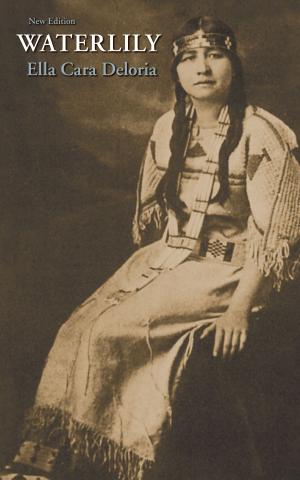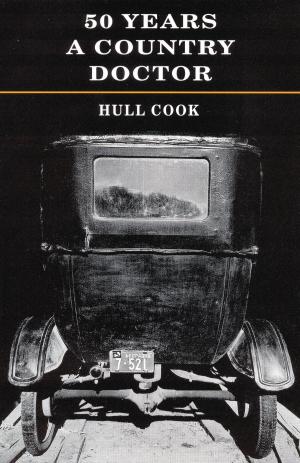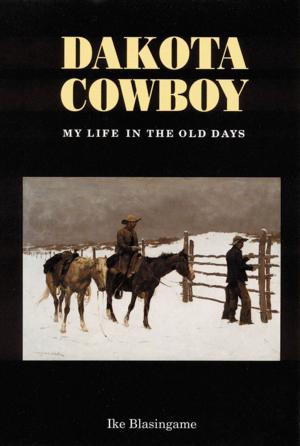White Gold
Stories of Breast Milk Sharing
Nonfiction, Family & Relationships, Family Relationships, Motherhood, Social & Cultural Studies, Social Science, Anthropology, Health & Well Being, Health| Author: | Susan Falls | ISBN: | 9781496202697 |
| Publisher: | UNP - Nebraska | Publication: | September 1, 2017 |
| Imprint: | University of Nebraska Press | Language: | English |
| Author: | Susan Falls |
| ISBN: | 9781496202697 |
| Publisher: | UNP - Nebraska |
| Publication: | September 1, 2017 |
| Imprint: | University of Nebraska Press |
| Language: | English |
Women have shared breast milk for eons, but in White Gold, Susan Falls shows how the meanings of capitalism, technology, motherhood, and risk can be understood against the backdrop of an emerging practice in which donors and recipients of breast milk are connected through social media in the southern United States.
Drawing on her own experience as a participant, Falls describes the sharing community. She also presents narratives from donors, doulas, medical professionals, and recipients to provide a holistic ethnographic account. Situating her subject within cross-cultural comparisons of historically shifting attitudes about breast milk, Falls shows how sharing “white gold”—seen as a scarce, valuable, even mysterious substance—is a mode of enacting parenthood, gender, and political values.
Though breast milk is increasingly being commodified, Falls argues that sharing is a powerful and empowering practice. Far from uniform, participants may be like-minded about parenting but not other issues, so their acquaintanceships add new textures to the body politic. In this interdisciplinary account, *White Gold *shows how sharing simultaneously reproduces the capitalist values that it disrupts while encouraging community-making between strangers.
Women have shared breast milk for eons, but in White Gold, Susan Falls shows how the meanings of capitalism, technology, motherhood, and risk can be understood against the backdrop of an emerging practice in which donors and recipients of breast milk are connected through social media in the southern United States.
Drawing on her own experience as a participant, Falls describes the sharing community. She also presents narratives from donors, doulas, medical professionals, and recipients to provide a holistic ethnographic account. Situating her subject within cross-cultural comparisons of historically shifting attitudes about breast milk, Falls shows how sharing “white gold”—seen as a scarce, valuable, even mysterious substance—is a mode of enacting parenthood, gender, and political values.
Though breast milk is increasingly being commodified, Falls argues that sharing is a powerful and empowering practice. Far from uniform, participants may be like-minded about parenting but not other issues, so their acquaintanceships add new textures to the body politic. In this interdisciplinary account, *White Gold *shows how sharing simultaneously reproduces the capitalist values that it disrupts while encouraging community-making between strangers.















